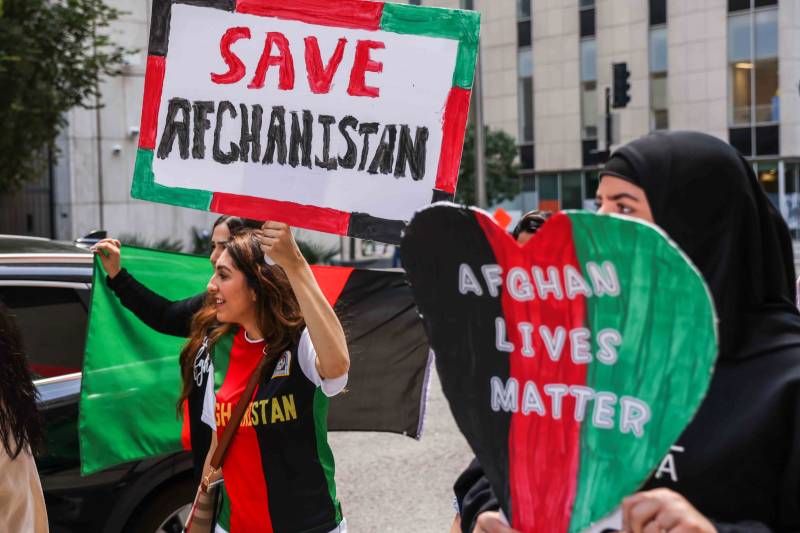Afghanistan is facing a severe socio-economic collapse as the Taliban regime’s oppressive policies, administrative failures, and public hostility have driven the nation into unprecedented decline.
According to the 24NewsHD TV channel report, the country, already struggling with widespread poverty and hunger, has been pushed further into crisis under the Taliban’s authoritarian rule.
According to the United Nations Development Programme (UNDP) 2025 report, 64.9 percent of Afghanistan’s population is living in multidimensional poverty, while another 19.9 percent are on the verge of falling into poverty.
Despite improvements in poverty reduction across South Asia, Afghanistan has remained excluded from this progress, the report stated.
The report found that ordinary Afghans are deprived of 55.5 percent of their basic needs, including access to electricity, clean water, safe housing, and healthcare.
The study highlights that 42.5 percent of deprivation stems from poor living standards, 33.4 percent from lack of education, and 24.1 percent from inadequate healthcare services.
UNDP’s findings underscore that Afghanistan’s deepening poverty crisis is not merely the result of external isolation but of internal mismanagement, corruption, and the Taliban’s rigid governance model.
Years after the group’s return to power, the Afghan economy has nearly collapsed, with millions depending on humanitarian aid for survival.
Observers say that the Taliban’s autocratic rule has turned Afghanistan into a stark image of poverty, despair, and social breakdown.
The regime’s repressive governance, marked by the exclusion of women from education and employment, suppression of dissent, and lack of institutional transparency, has exacerbated the suffering of ordinary citizens.
The UN report concludes that Afghanistan’s dire state of affairs stands as clear evidence of the Taliban government’s failed and misguided leadership.
The combination of authoritarianism, economic mismanagement, and social exclusion has made the country one of the worst global examples of human deprivation in modern times.






